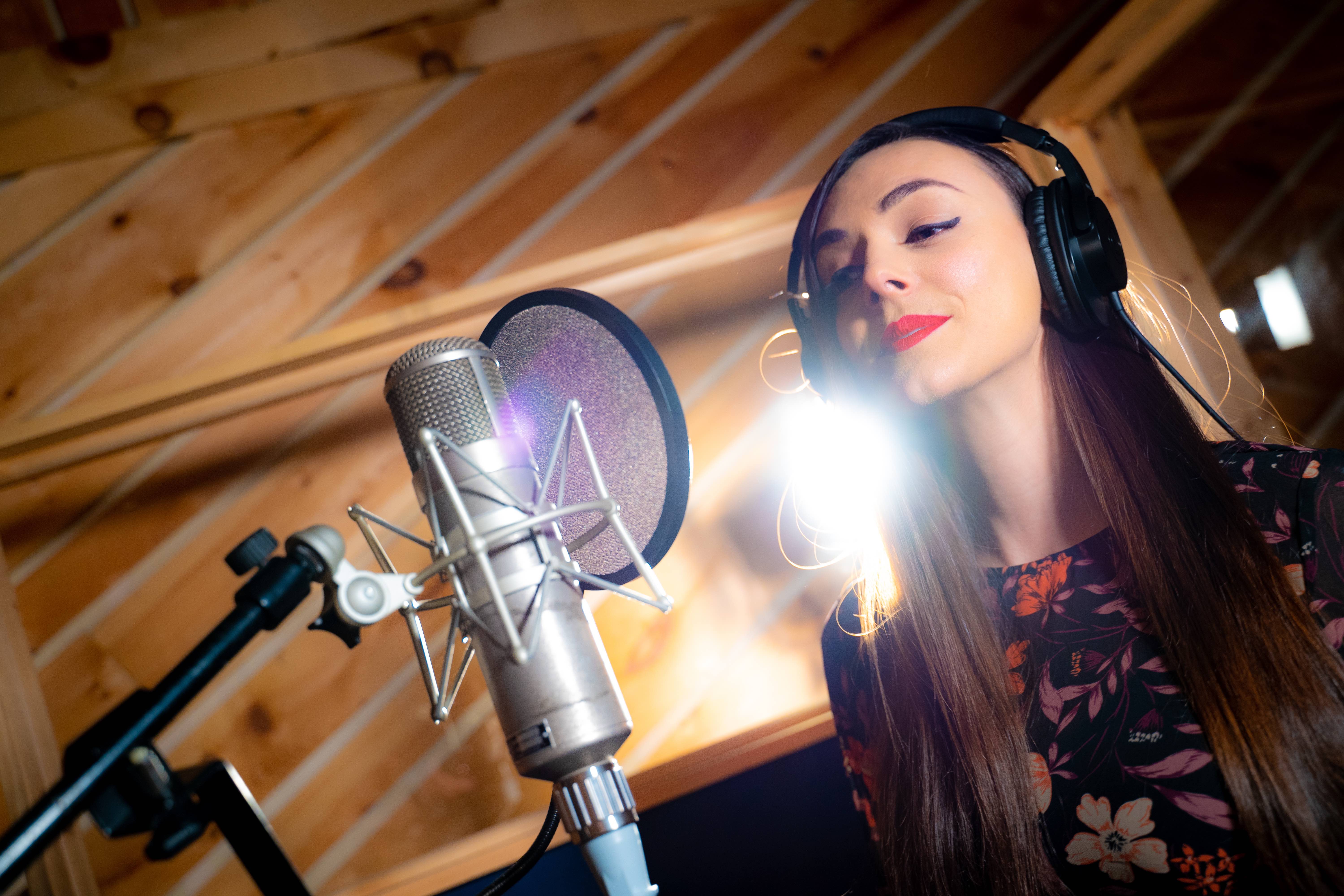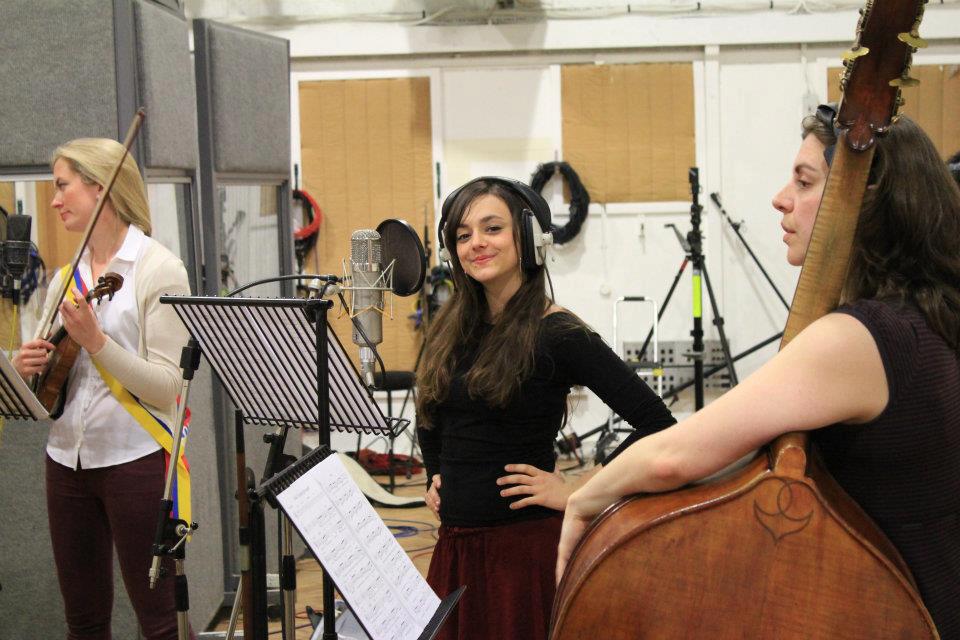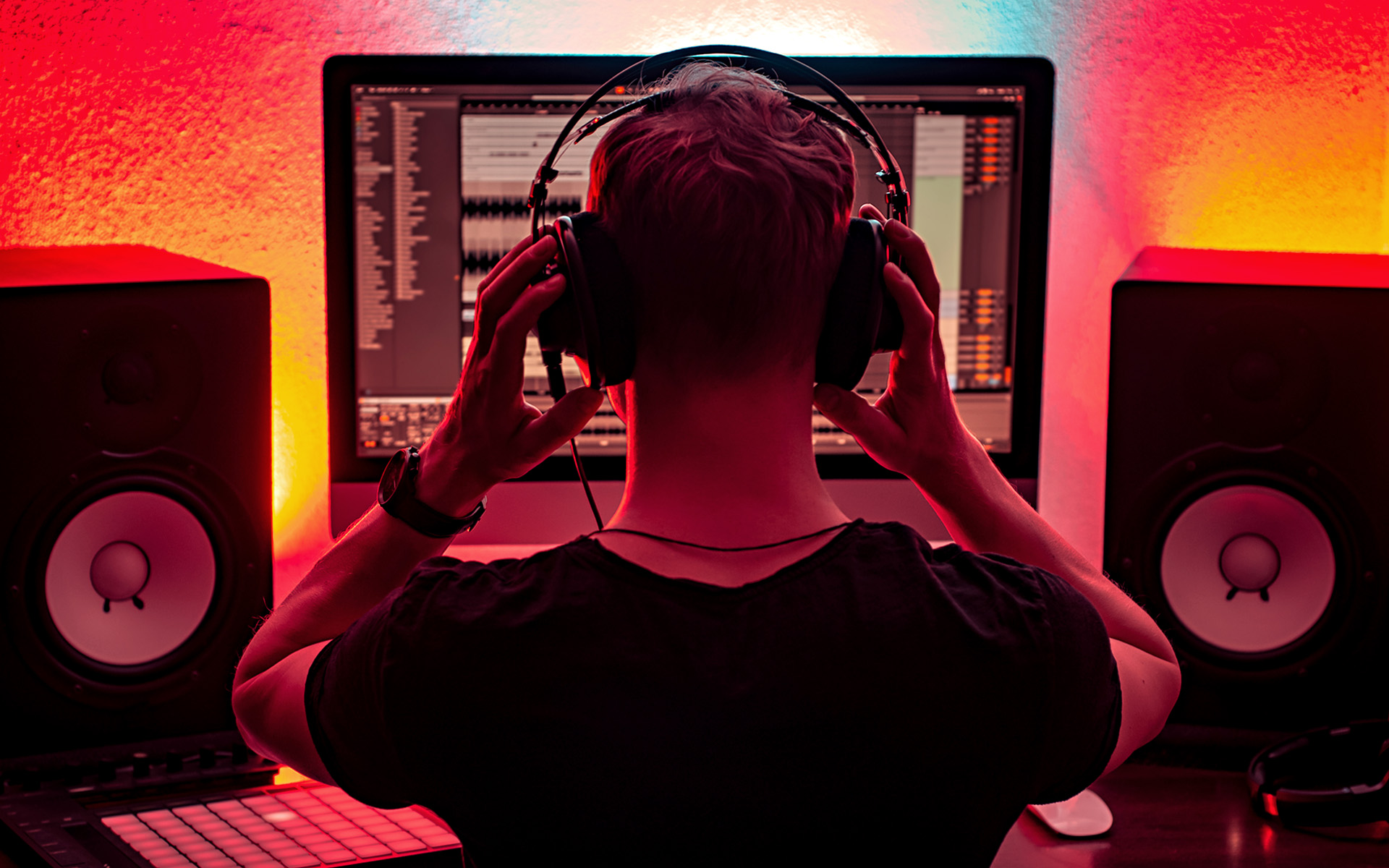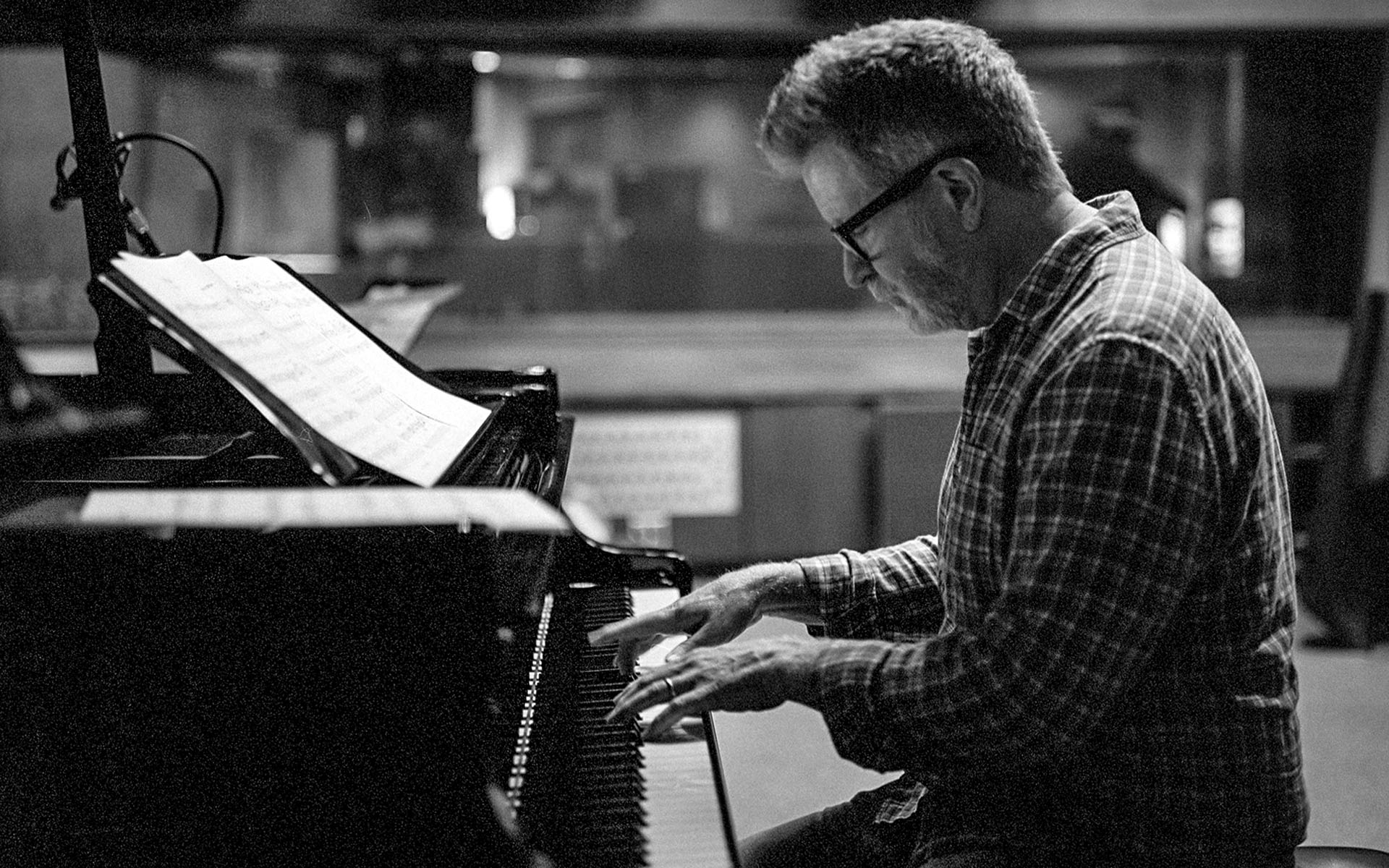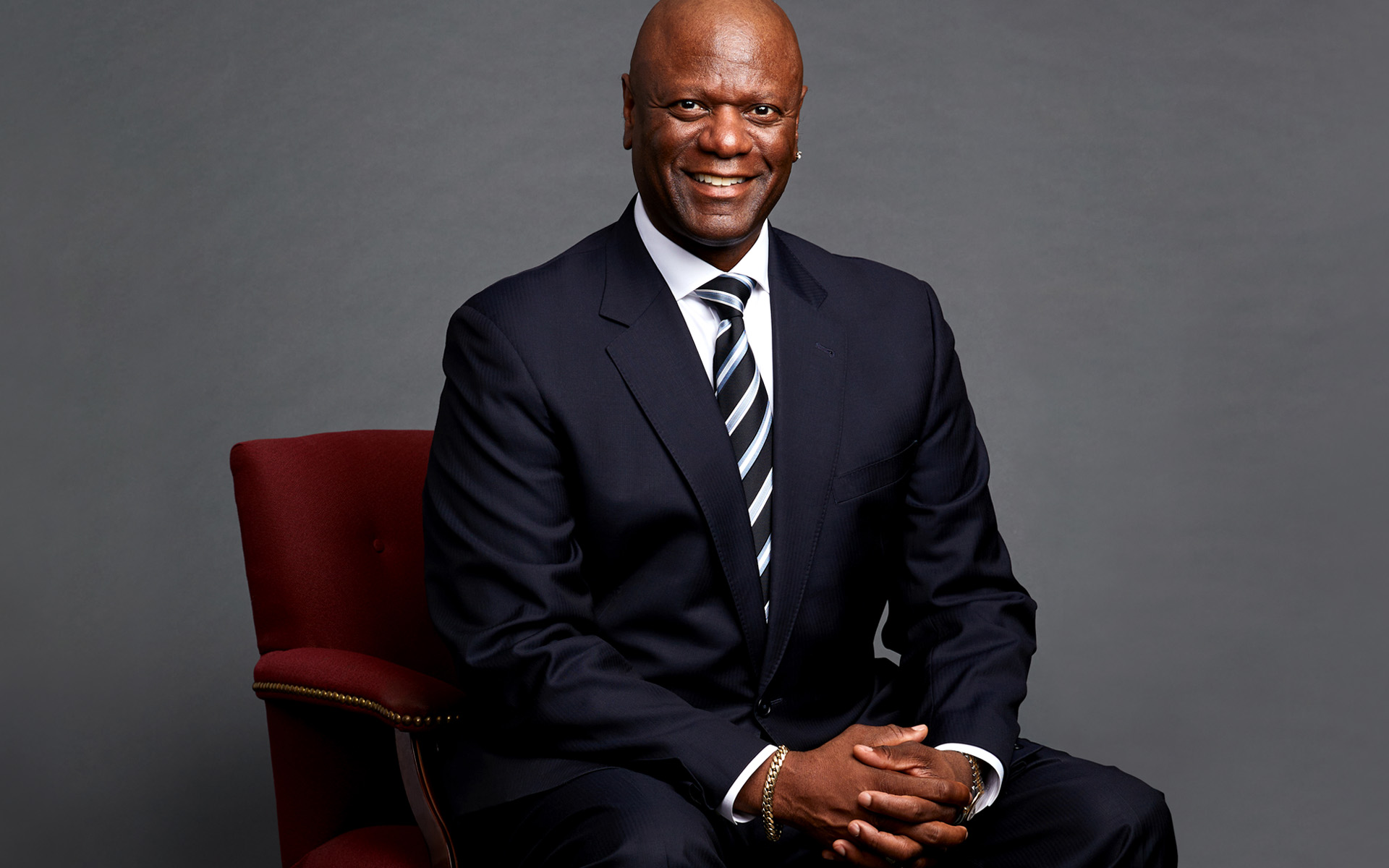Recording your voice in the studio feels like putting your voice under a microscope. Recording any instrument can be stressful for many reasons: It is often costly and there is pressure to produce the best result in a limited amount of time. But recording vocals is especially stressful, because the quality of the recording depends on many more factors such as vocal health, environment, mindset, being familiar with the sound of your external voice.
Here are some tips that I have gathered after 10 years of professional studio experience. Of course every recording situation is different and some of the following things may be out of your control, but there are always a few things you can do to increase the chances for a successful studio vocal session.
1. Record by Yourself to Practice
With technological advancement, it has become very easy and cost effective to have a basic home studio. I believe that it is very important for a singer to practice recording. Recording microphones pick up subtle qualities of your voice that you may have never heard before. And of course, as we all know, our voice sounds quite different from the outside than from what we hear on the inside. So it is very important to be familiar with the sound of your recorded voice and to practice recording techniques before you record at a professional studio. All you need is a laptop, an audio interface, a microphone, headphones and basic recording software. And there are many affordable options. There are also many online tutorials and Berklee Online courses that you can take to learn how to record and produce.
2. Love Your Sound
I’ve heard many professional singers say, “I hate the sound of my recorded voice and that’s the reason why I hate recording.” If you’re planning on singing as a profession, it would be a good idea to start loving your voice! Or at least, if you don’t like your sound, figure out what you can do to improve it. Is it your technique? Is it your tone, can you experiment with it? Or is it that you are simply not used to listening to your voice? If that’s the case, then tip number 1 is your answer! That’s probably what your voice has always sounded like and maybe it’s time that you get used to it, so you can focus on emotion and delivery rather than judging your sound.
3. Rest and Vocal Health
Just like anything important, you want to be well rested before a vocal recording session in a studio. Make sure you have a good night’s sleep for at least two nights before your session. Maintaining good vocal health is also essential. I would recommend that you refrain from talking too much or practicing extensively two days before the session. Avoiding alcohol, coffee, and dairy products can be beneficial to your voice as they can cause dehydration, reflux, or excess mucus. And don’t forget to drink plenty of water!
4. Warm up!
Warming up your voice before the session begins will definitely help you get a better result. Even if you feel like you can hit those high notes right away, doing some warm-up exercises could help your voice last for longer on that day.
STUDY VOCAL PRODUCTION AT BERKLEE ONLINE
5. Book the Studio at the Right Time of Day!
If you actually have the choice, it’s better to book the studio at a time of day when you usually sing and have most of your energy. Early morning sessions are usually harder, as it takes a few hours for your voice to be fully warmed up and “awake.”
6. Time Limit
I wouldn’t recommend booking more than three to four hours of vocal recording in one day. After three hours of singing, your voice will definitely be fatigued and you may end up just wasting time and money trying to get a good take with a tired voice.
7. Emotion
Many singers are perfectionists and focus too much on the imperfections of their voices during recording, when they should be focusing on delivering the emotion and the message of the song. It’s important to not let the pressure affect your connection to the music.
8. Preparation
Know the song extremely well and if possible, sing it and practice it many times before. It would be helpful if you also got to perform it live in front of an audience. Knowing the lyrics by heart can help you tremendously with delivering the emotion and focusing on the details and the dynamics that will make the song special.
9. Know What to Bring to the Studio
You never know what will be available at the studio, so I would recommend bringing your own tea bags of herbal decaffeinated tea, honey, and healthy snacks. Also, don’t forget to bring your A-game!
10. Your Mix
Getting the right balance in your headphone mix is so important! You need to be able to hear both your voice and the track very well, and of course to have the overall mix at a healthy volume. Some singers want to have reverb on their voice in their mix, because it hides some imperfections and helps them relax. My personal preference is having no reverb at all in my mix. That way I feel more in control of my performance because I can hear all the details and then I know what I need to correct or do better on the next take.
I believe that recording is an art in itself and the more you practice it, the better you become at it. It can really become a very enjoyable experience!
Learn more about Erini Tornesaki.





